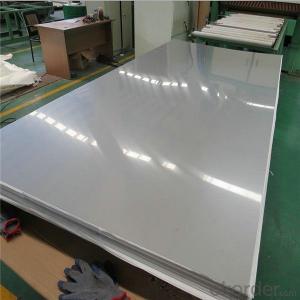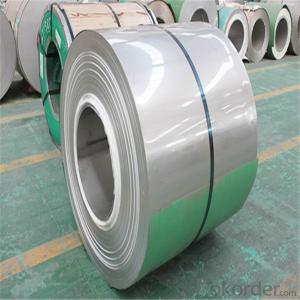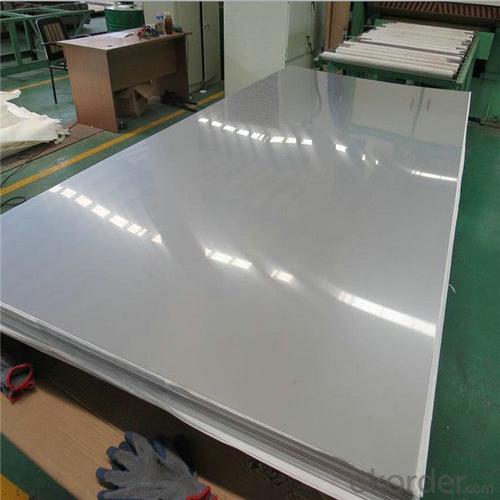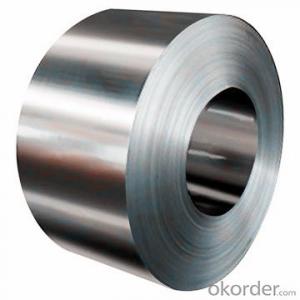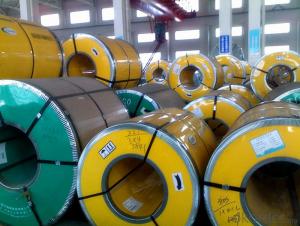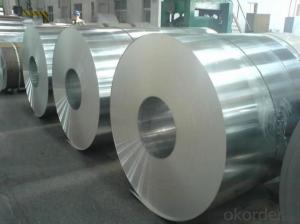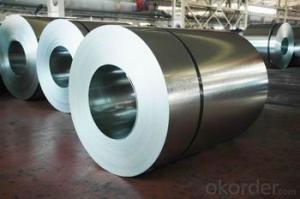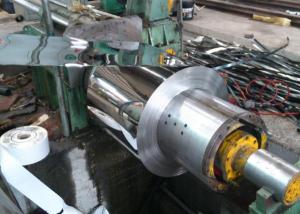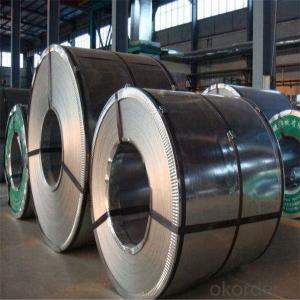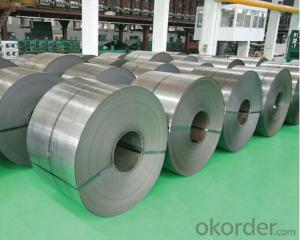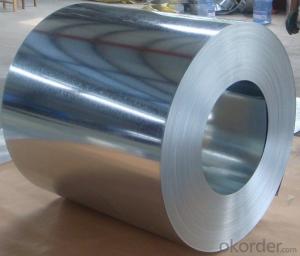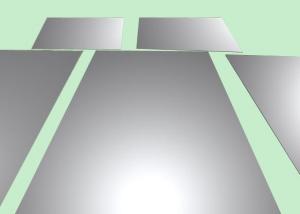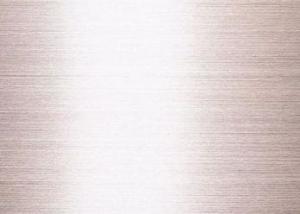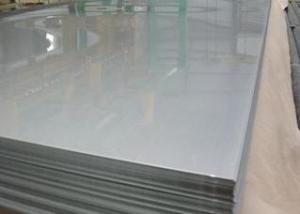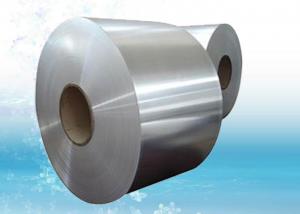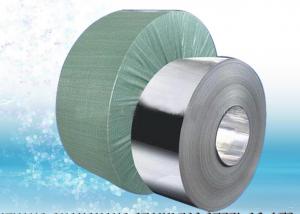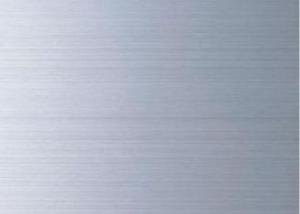Stainless Steel Coil and Sheet with Best Quality
- Loading Port:
- Shanghai
- Payment Terms:
- TT OR LC
- Min Order Qty:
- 3 m.t.
- Supply Capability:
- 100000 m.t./month
OKorder Service Pledge
OKorder Financial Service
You Might Also Like
Specification
Product Details
stainless steel sheet
Width:500-2000mm( Common width:1000mm,1219mm,1250mm,1500mm, 2000mm)
Length:1000-6000mm or as your request
Surface:No1,No4, 2B, BA, 8K, etc.
Standard:ASTM, AISI, JIS, GB, DIN,EN, etc
Materia:201,202,304,304L,304J1, 316,316L,321,309S,310S,409L, 430
Technique:Cold Rolled or Hot Rolled
Certification: ISO,SGS
Package:Waterproof paper, steel strip packed, wooden case or pack as customers requirement.
Application:Used in construction, chemical industry, electricity industry, food service industry, paper-making industry,and so on.
Payment&Shipping terms
Price | FOB USD1800-2500 per ton |
Min Qty | 5 ton we can also accept as a trail order for our first cooperation |
Port | Shanghai China or any port of China |
Packing | Waterproof paper, steel strip packed, wooden case or pack as customers requirement.
|
Delivery time | 7-10 days after the confirmation of the deposit. |
Trade terms | FOB/CFR/CIF |
Payment terms | TT/LC 30% Prepayment by T/T in advance , 70% with the copy of B/L within 3working days by T/T 30% Prepayment by T/T in advance, 70% by L/C at sight
|
Chemical composition:
TYPE NO. | C | Mn | P | S | Si | Cr | Ni | Mo |
201 | ≤0.15 | 5.5-7.5 | ≤0.050 | ≤0.030 | ≤1.00 | 16.0-18.0 | 3.5-5.5 | |
202 | ≤0.15 | 7.5-10 | ≤0.060 | ≤0.030 | ≤1.00 | 17.0-19.0 | 4.0-6.0 | |
301 | ≤0.15 | ≤2.00 | ≤0.045 | ≤0.030 | ≤1.00 | 16.5-18.0 | 6.0-8.0 | |
302 | ≤0.15 | ≤2.00 | ≤0.045 | ≤0.030 | ≤1.00 | 17.0-19.0 | 8.0-10.0 | |
304 | ≤0.08 | ≤2.00 | ≤0.045 | ≤0.030 | ≤1.00 | 18.0-20.0 | 8.0-10.5 | |
304L | ≤0.03 | ≤2.00 | ≤0.045 | ≤0.030 | ≤1.00 | 18.0-20.0 | 8.0-12.0 | |
308 | ≤0.08 | ≤2.00 | ≤0.045 | ≤0.030 | ≤1.00 | 18.0-21.0 | 10.0-12.0 | |
310S | ≤0.08 | ≤2.00 | ≤0.045 | ≤0.030 | ≤1.00 | 24.0-26.0 | 19.0-22.0 | |
316 | ≤0.08 | ≤2.00 | ≤0.045 | ≤0.030 | ≤1.00 | 16.0-18.0 | 10.0-14.0 | 2.0-3.0 |
316L | ≤0.03 | ≤2.00 | ≤0.045 | ≤0.030 | ≤1.00 | 16.0-18.0 | 10.0-14.0 | 2.0-3.0 |
321H | 0.04-0.1 | ≤2.00 | ≤0.03 | ≤0.030 | ≤0.75 | 17.0-20.0 | 9.0-13.0 | Ti4C-0.60 |
410 | ≤0.15 | ≤1.00 | ≤0.040 | ≤0.030 | ≤1.00 | 11.5-13.5 | ||
430 | ≤0.12 | ≤1.00 | ≤0.040 | ≤0.030 | ≤1.00 | 16.0-18.0 |
Surface Finish
Surface | Characteristics | Application | |
NO.1 | Finished by hot-rolling, annealing and packing, characterized by white picked surface | Chemical industry equipment, industrial tanks | |
2B | Finished by heat treatment, pickling after cold rolling, followed by skin pass line to be more brighter and smooth surface | General application medical instrument, tableware | |
BA | Bright heat treatment after cold rolling | Kitchenware, architectural purpose | |
NO.4 | Polishing with NO.150 to NO.180 mesh abrasives the most popular finishes | Milk&Food processing acidities, hospital equipment, bath-tub | |
Mirror | A mirror-like reflective surface by polishing with finer abrasives over 800 mesh | Reflector, mirror, interior-exterior decoration for building | |
HL (Hair Line) | Finished by continuous liner polishing | Architectural purposes, escalators, kitchenware vehicles | |
Our Services
Our company promise
(1): High quality stainless steel with reasonable price.
(2): Wide excellent experiences with after-sale service.
(3): Every process will be checked by responsible QC which insures every product's quality.
(4): Professional packing teams which keep each packing safe.
(5): Trial order can be done in one week.
(6): Samples can be provided as your requirement.
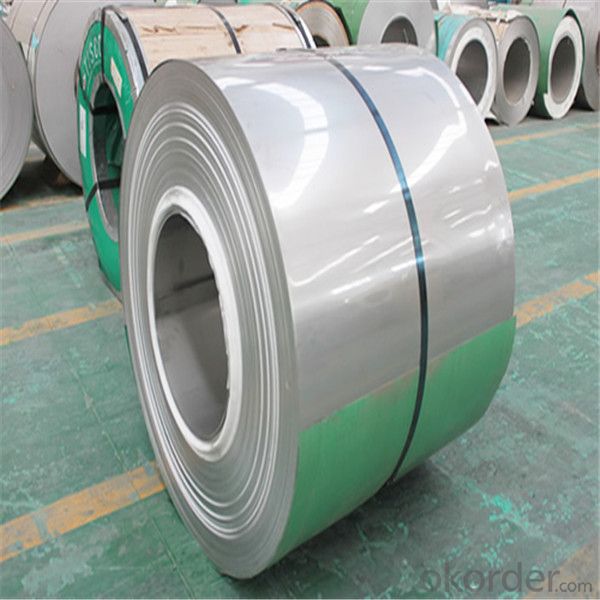
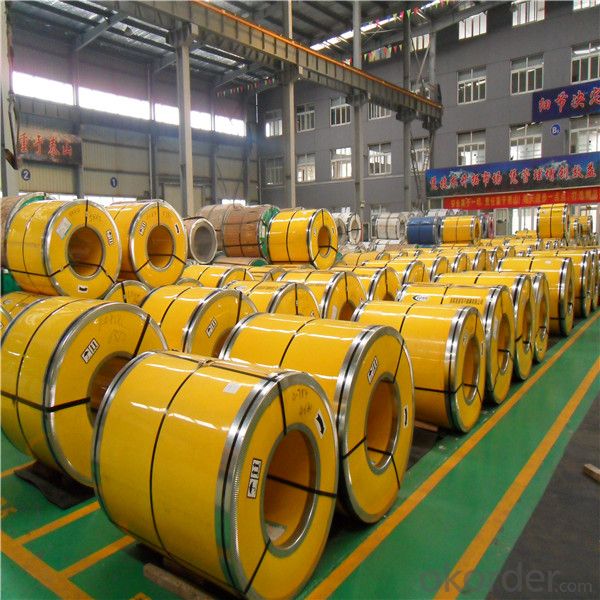
- Q: Are stainless steel strips resistant to abrasion?
- Stainless steel strips, in general, exhibit resistance to abrasion. The durability and strength associated with stainless steel render it highly impervious to friction-induced wear and tear. The incorporation of chromium in stainless steel grants it a safeguarding layer, mitigating scratches and abrasion. Nevertheless, the extent of resistance can fluctuate contingent upon the precise grade and finish of the stainless steel strip. Furthermore, variables like the nature and intensity of the abrasive substance, along with the duration of exposure, might also impact the resistance to abrasion.
- Q: Are stainless steel strips suitable for storage tanks?
- Indeed, storage tanks can benefit from the use of stainless steel strips. This material is renowned for its durability and resistance to corrosion, making it an ideal choice for the storage of a wide range of substances. It boasts remarkable protection against rust, oxidation, and chemical reactions, thus ensuring the integrity of the stored materials. Furthermore, stainless steel strips are recognized for their robustness and stability, providing structural support to storage tanks. Moreover, stainless steel is easily cleaned and maintained, reducing the risk of contamination or degradation of the stored substances. In conclusion, stainless steel strips offer a dependable and enduring solution for storage tanks across various industries, including food and beverage, pharmaceuticals, and chemical storage.
- Q: What are the storage and handling recommendations for 111 stainless steel strips?
- The storage and handling recommendations for 111 stainless steel strips include storing them in a clean, dry, and well-ventilated area to prevent moisture and corrosion. It is advisable to stack them on pallets or racks to avoid contact with the ground and minimize the risk of damage. Additionally, handling should be done with clean gloves or tools to prevent contamination and scratches on the surface. Regular inspection for any signs of damage or corrosion is also recommended.
- Q: Are stainless steel strips suitable for automotive trim?
- Yes, stainless steel strips are highly suitable for automotive trim. Stainless steel is a durable and corrosion-resistant material, making it perfect for exterior applications in the automotive industry. It provides a sleek and polished appearance, enhancing the overall aesthetic appeal of the vehicle. Moreover, stainless steel strips can withstand harsh environmental conditions, including extreme temperatures, moisture, and road debris, without losing their shine or integrity. Additionally, they are easy to clean and maintain, ensuring that the trim retains its pristine condition for an extended period. Overall, stainless steel strips offer excellent durability, aesthetics, and functionality, making them an ideal choice for automotive trim.
- Q: What are the factors affecting the electrical resistivity of 111 stainless steel strips?
- There are several factors that can affect the electrical resistivity of 111 stainless steel strips. 1) Composition: The chemical composition of the stainless steel, including the presence of various alloying elements, can have a significant impact on its electrical resistivity. Different alloying elements can alter the atomic structure and arrangement of the material, thus affecting the movement of electrons and the overall resistivity. 2) Temperature: The electrical resistivity of stainless steel can vary with changes in temperature. Generally, resistivity tends to increase with an increase in temperature due to the increased thermal vibrations of atoms, which hinder the flow of electrons. 3) Microstructure: The microstructure of the stainless steel, including factors such as grain size, grain boundaries, and dislocations, can influence its electrical resistivity. For instance, a smaller grain size can result in a higher resistivity due to increased grain boundary scattering of electrons. 4) Impurities and Defects: The presence of impurities and defects within the stainless steel structure can affect its resistivity. Impurities can create localized regions of different electrical properties, leading to variations in resistivity. Similarly, defects like dislocations can act as obstacles to the flow of electrons, increasing the resistivity. 5) Processing and Heat Treatment: The manufacturing process and subsequent heat treatment of stainless steel strips can affect their electrical resistivity. Factors such as cold working, annealing, and quenching can modify the microstructure and introduce changes in resistivity. 6) Magnetic Field: The application of a magnetic field can also influence the electrical resistivity of stainless steel. This phenomenon, known as the magnetoresistive effect, occurs due to the interaction between the magnetic field and the electrons in the material, altering their motion and resulting in changes in resistivity. Overall, the electrical resistivity of 111 stainless steel strips is determined by a combination of factors including composition, temperature, microstructure, impurities, processing, and the presence of a magnetic field. Understanding and controlling these factors is crucial for engineering and designing stainless steel strips with specific electrical resistivity properties.
- Q: How do stainless steel strips perform in cryogenic conditions?
- Stainless steel strips generally perform well in cryogenic conditions due to their excellent resistance to low temperatures. They retain their strength, durability, and corrosion resistance even at extremely low temperatures, making them suitable for various applications in cryogenic environments.
- Q: What is the maximum temperature resistance of stainless steel strips?
- The maximum temperature resistance of stainless steel strips varies depending on the specific grade of stainless steel. However, most stainless steel strips can withstand temperatures ranging from 1000 to 1500 degrees Fahrenheit (538 to 816 degrees Celsius) without significant deformation or loss of structural integrity.
- Q: How are stainless steel strips made?
- The production of stainless steel strips involves a technique called cold rolling, wherein a stainless steel coil is passed through a set of rollers at room temperature. This action progressively reduces the thickness and increases the length of the coil. To begin, the stainless steel coil is unwound and cleaned to eliminate any dirt or impurities. Subsequently, it is subjected to a series of rolling mills where the thickness is gradually decreased. These mills consist of two or more rollers that apply pressure to the metal, causing it to elongate and become thinner. This process is repeated until the desired thickness is achieved. As the stainless steel strip becomes thinner, it becomes more rigid and challenging to handle. To counteract this issue, annealing is conducted at specific intervals during the rolling process. Annealing involves heating the strip to high temperatures and slowly allowing it to cool. This procedure helps alleviate internal stresses and enhance the strip's ductility. Following the cold rolling and annealing stages, the stainless steel strip may undergo additional treatments such as descaling, pickling, and passivating. Descaling eliminates any scales or oxides that may have formed on the strip's surface during rolling. Pickling involves treating the strip with an acid solution to eliminate any remaining impurities. Passivation is the final step, in which a thin, protective oxide layer is formed on the surface of the stainless steel, enhancing its corrosion resistance. Once all of these processes are completed, the stainless steel strip is cut to the desired length and packaged for shipment or further processing. Its exceptional strength, durability, and resistance to corrosion make it suitable for a wide range of applications, including automotive components, kitchen appliances, construction materials, and electronic devices.
- Q: Are stainless steel strips resistant to hydrochloric acid?
- Stainless steel strips typically exhibit resistance against hydrochloric acid. This attribute stems from stainless steel's renowned ability to resist corrosion and withstand chemical assault. Nevertheless, the degree of resistance may vary depending on the grade of stainless steel employed. Superior grades like 316 or 317 exhibit greater resistance to hydrochloric acid when compared to lower grades like 304 or 430. It is worth mentioning that extended exposure or direct contact with concentrated hydrochloric acid can still cause some corrosion or pitting in stainless steel. Nonetheless, stainless steel is widely acknowledged as one of the most resistant metals to this acid.
- Q: Can stainless steel strips be used in the chemical manufacturing industry?
- Yes, stainless steel strips can be used in the chemical manufacturing industry. Stainless steel is highly corrosion resistant, making it suitable for handling various chemicals and corrosive substances. It also offers excellent strength and durability, ensuring a long service life in harsh chemical environments. Additionally, stainless steel can withstand high temperatures, making it ideal for use in chemical manufacturing processes that involve heat.
Send your message to us
Stainless Steel Coil and Sheet with Best Quality
- Loading Port:
- Shanghai
- Payment Terms:
- TT OR LC
- Min Order Qty:
- 3 m.t.
- Supply Capability:
- 100000 m.t./month
OKorder Service Pledge
OKorder Financial Service
Similar products
Hot products
Hot Searches
Related keywords
